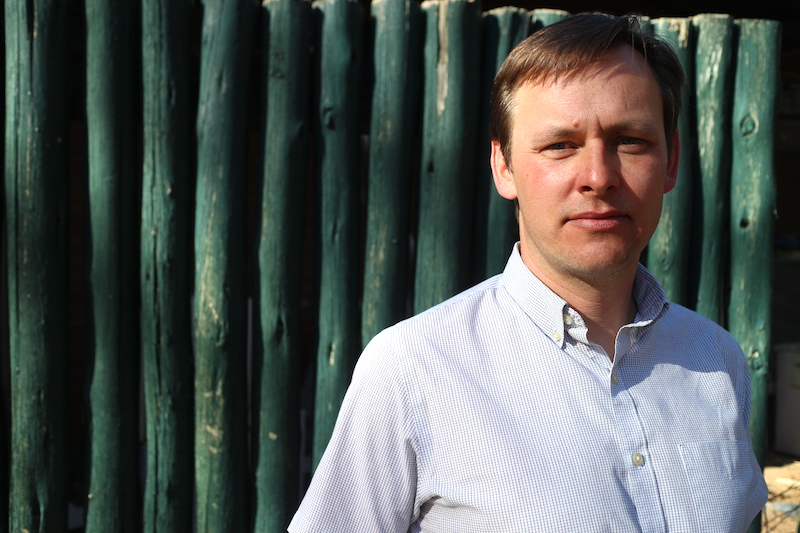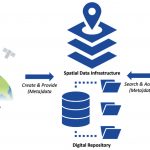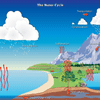“When I think about how we can better support the sharing and preservation of research data, I think of the challenge we have in moving beyond our individual project-based approaches. Of course, it can be important for discovery to build specialized approaches, but we need to think about changing the entire practice and culture of research. It’s a system-level problem.
And open research data isn’t the same as Open Access publishing. The social justice aspects of open data are not the same as they are for public access to research articles. The Open Data movement can’t move forward on that argument alone. We have to start thinking about how to articulate our own vision for why openness matters. Reuse and auditability are key to our argument. So we need to make sure reuse of datasets is possible, and communicate why that’s important.”












